Van Pelt announces the elimination of DNA Backlog
- Details
 CHICAGO – For the first time since 2019, the number of sexual assault kits awaiting testing, also referred to as the DNA backlog, has been eliminated, announced State Senator Patricia Van Pelt.
CHICAGO – For the first time since 2019, the number of sexual assault kits awaiting testing, also referred to as the DNA backlog, has been eliminated, announced State Senator Patricia Van Pelt.
After decades of extensive sexual assault forensic backlogs, the number of pending sexual assault forensic assignments older than 180 days, which was once more than 1,800, has reached zero.
“The reduction of this backlog has been a long time coming, and I am so glad that there are no more outstanding sexual assault kits,” said Van Pelt (D-Chicago). “Families have spent years waiting for some kind of answer—for some kind of accountability for their loved ones that have been lost—and today I am thinking of what this progress means for them.”
Read more: Van Pelt announces the elimination of DNA Backlog
Decatur to see a number of road improvements thanks to Turner-supported plan
- Details
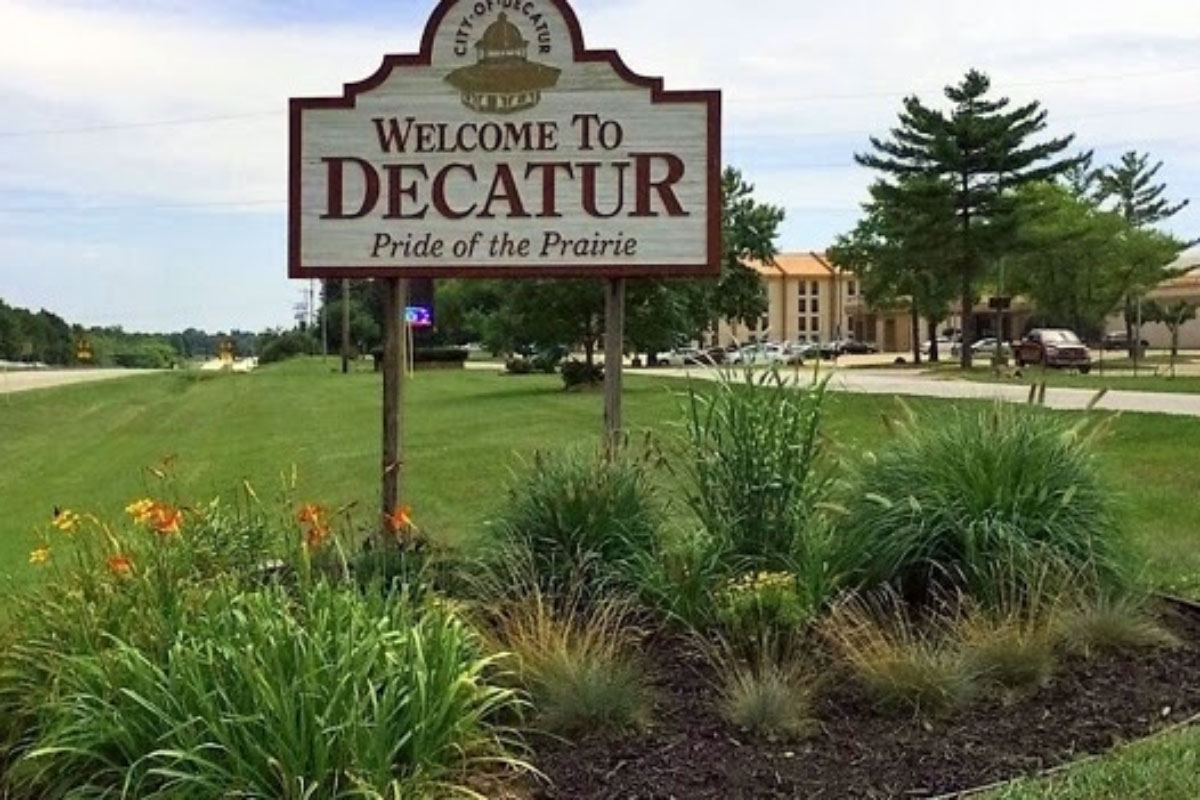 DECATUR – New construction projects will soon pop up around Decatur to better roads and bridges thanks to the State Senator Doris Turner-backed Rebuild Illinois plan.
DECATUR – New construction projects will soon pop up around Decatur to better roads and bridges thanks to the State Senator Doris Turner-backed Rebuild Illinois plan.
“The region is slated for major redevelopment and revitalization,” said Turner (D-Springfield). “The Rebuild Illinois plan doesn’t just help fix our roads and bridges, it brings job growth to the community.”
Read more: Decatur to see a number of road improvements thanks to Turner-supported plan
Villivalam appointed to transportation funding and policy commission
- Details
 CHICAGO – State Senator Ram Villivalam was appointed to the Blue Ribbon Commission on Transportation Infrastructure Funding and Policy Tuesday.
CHICAGO – State Senator Ram Villivalam was appointed to the Blue Ribbon Commission on Transportation Infrastructure Funding and Policy Tuesday.
“I am proud to sit on this commission and am eager to begin working with industry experts, colleagues in the General Assembly and the governor’s office on finding innovative ways to continue to improve our infrastructure in a safe, accessible and affordable way.” said Villivalam (D-Chicago).
Read more: Villivalam appointed to transportation funding and policy commission
New Belt law bans burning toxic chemicals in Illinois
- Details
 EAST ST. LOUIS – Burning toxic synthetic chemicals will be banned thanks to a measure sponsored by State Senator Christopher Belt that was signed into law Wednesday.
EAST ST. LOUIS – Burning toxic synthetic chemicals will be banned thanks to a measure sponsored by State Senator Christopher Belt that was signed into law Wednesday.
“PFAS can harm people and the environment,” said Belt (D-Swansea). “This initiative stems from concerns that our neighbors have surrounding the waste incinerator in Sauget, which puts Metro East residents at risk of exposure to these harmful substances.”
Read more: New Belt law bans burning toxic chemicals in Illinois
More Articles …
Page 348 of 706

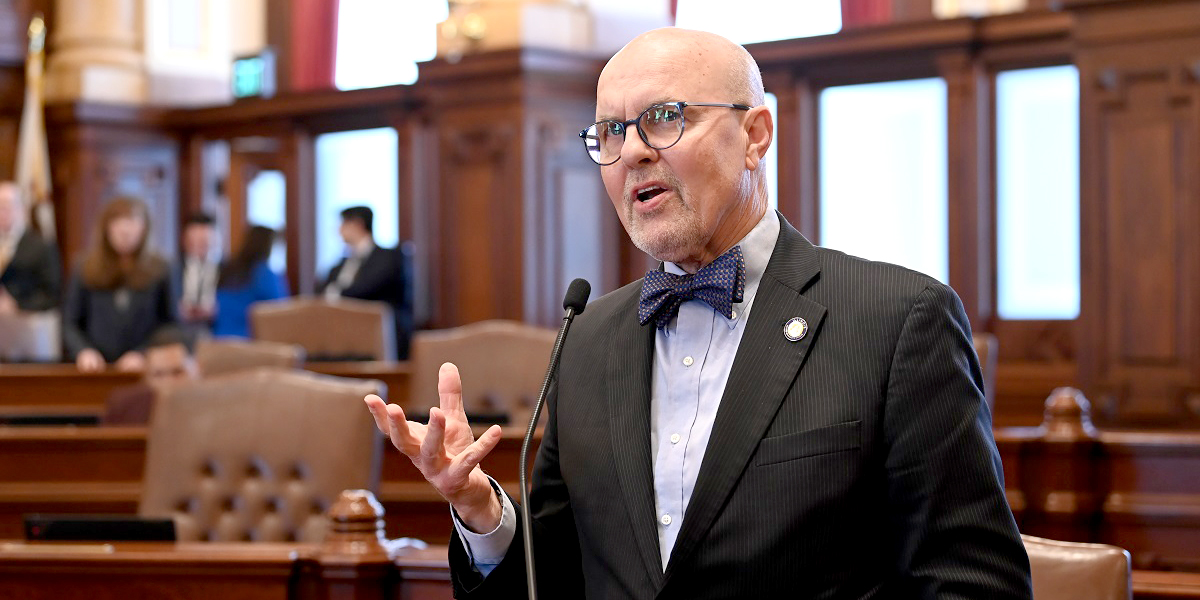

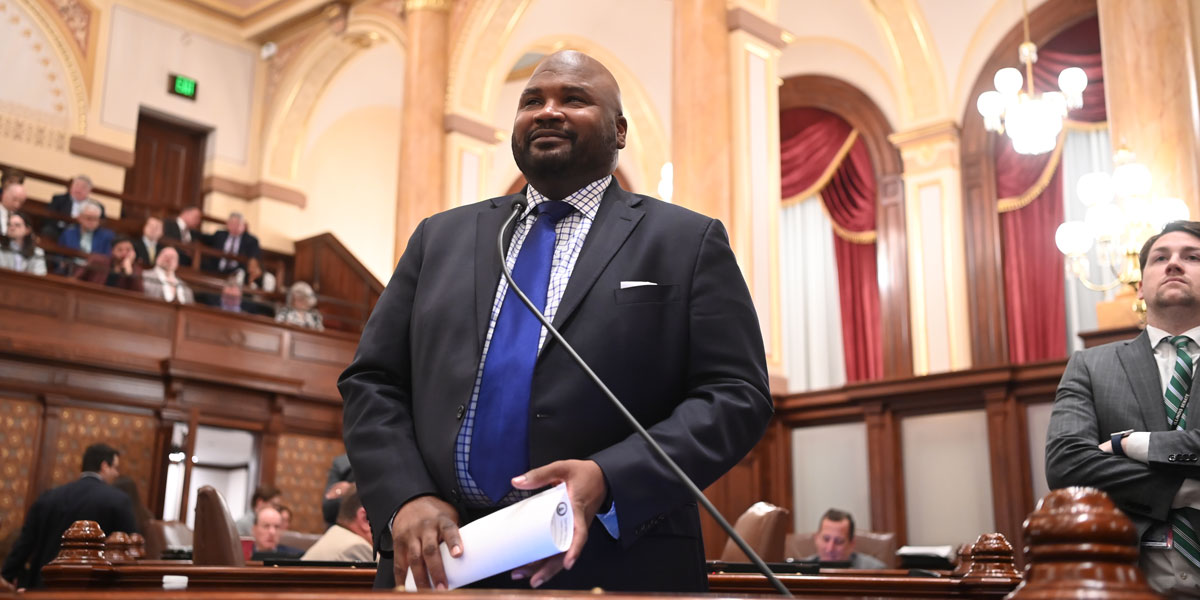
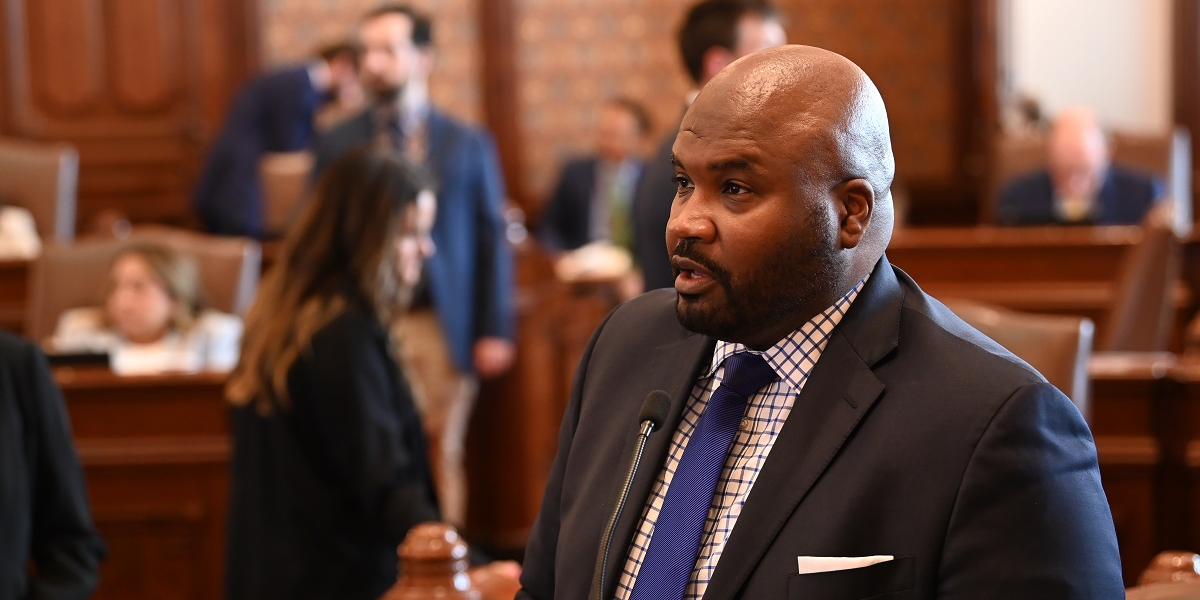
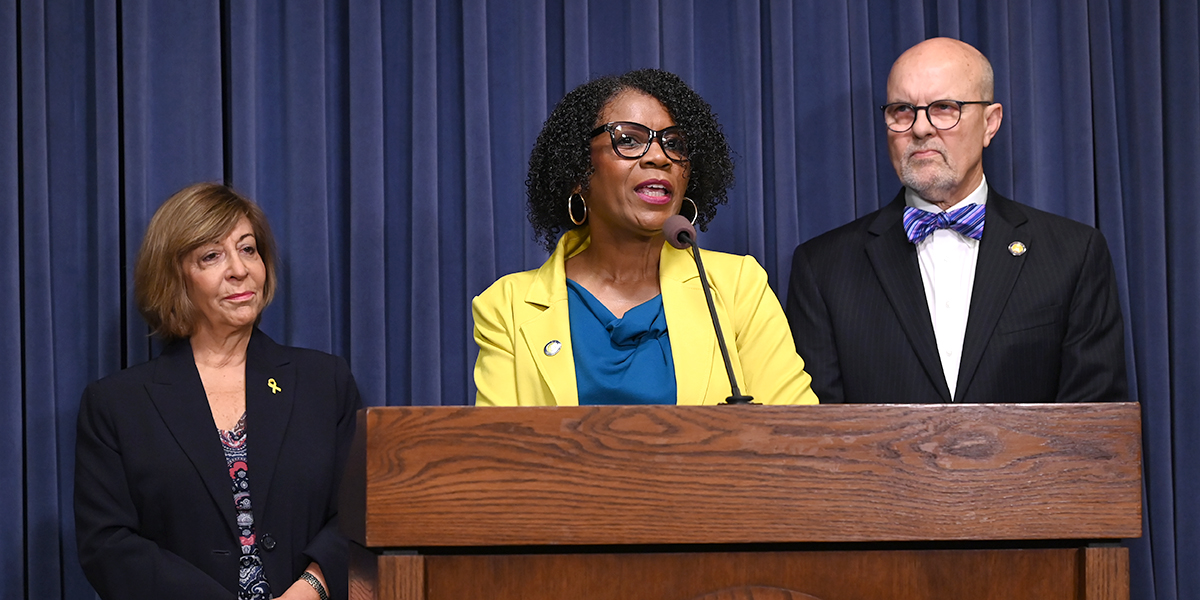
















 © 2025 Illinois Senate Democratic Caucus
© 2025 Illinois Senate Democratic Caucus